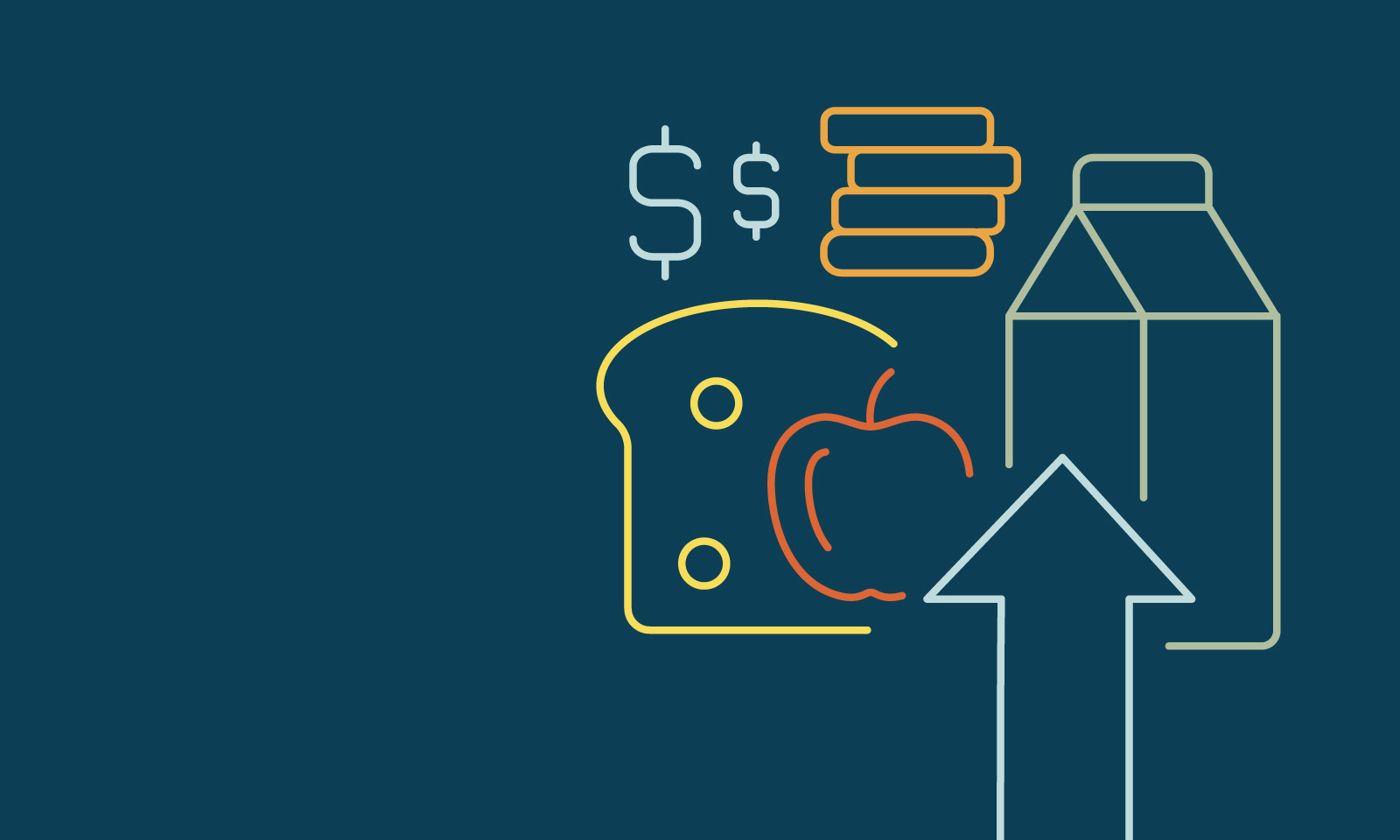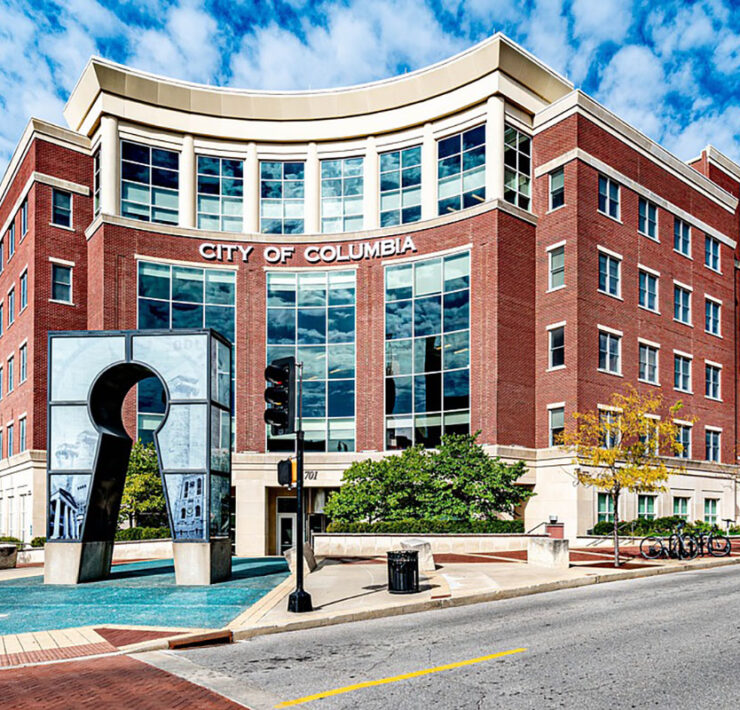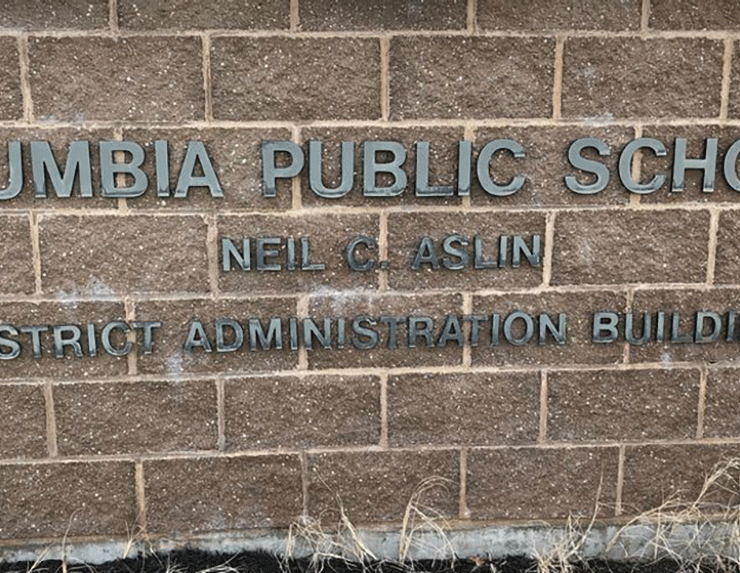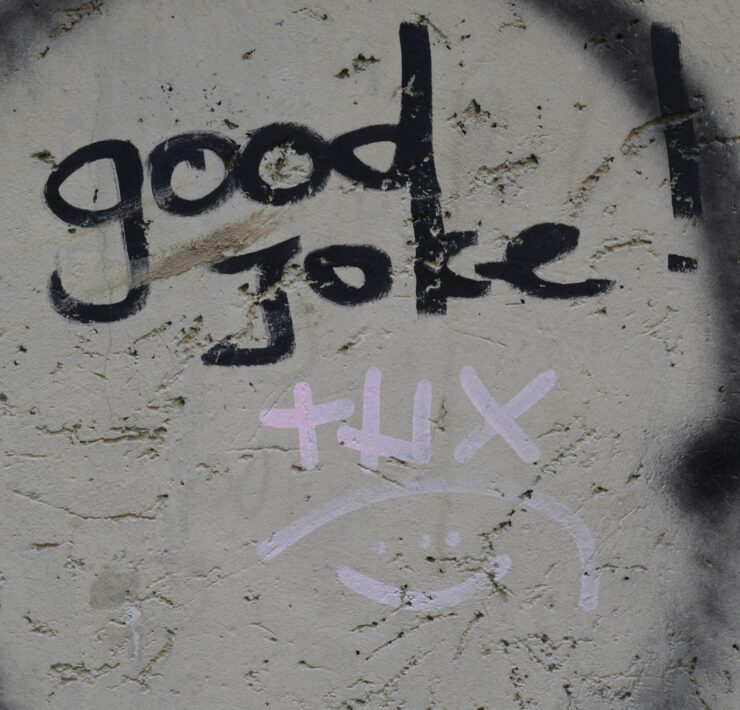
How sales taxes pay for city projects.
With inflation still squeezing money from our wallets, everything is more expensive. That affects how much we all pay in sales taxes.
It’s an important perspective for Columbia residents when they read about the City Council’s $472 million budget.
On one hand, the city could gain $60 million in sales tax receipts for the first time. On the other hand, the city is paying more for goods and services, just like the rest of us.
A new source of sales tax revenue — an expected $4.2 million from the 2% use tax approved by voters in April — will help boost the sales tax collection total. But don’t get the impression the additional money is a windfall.
“Items just cost way more than they did a year ago,” Columbia finance director Matthew Lue said. “Services, materials, supplies — we’re seeing 10, 15, 20% increases on a lot of those. We’re receiving more from sales tax because prices are higher. We’re also spending more because prices are higher.”
Columbia’s economic picture is hardly doom-and-gloom. According to Matthew, the robust sales tax figures are indicators of an equally great business and retail climate.
Roughly 45% of Columbia’s budget is funded by sales taxes. Many city services, such as water and light utilities and parks and recreation function, are funded by user fees and revenue bonds issued for some capital improvement projects.
The fiscal year 2023 budget, which began October 1, includes more than $48 million in capital improvement projects. Projects include nearly $1.9 million for renovations at the Grissum Building, replacing the water slide at the Activities and Recreation Center and more.
Before taking a deeper look at the various taxes funding Columbia’s infrastructure, public transit, and parks, here’s a snapshot of other features in the new budget approved by the Columbia City Council on Sept. 19:
- An increase in the water rate highlighted most of the public comment and council work sessions after the council received the draft budget Aug. 13. There will be a $2 increase to the base rate and a 24-cent-per-cubic-foot increase across all use tiers, and a 40-cent increase to the commercial rate.
Users who pay $32-$34 a month for water service now will see a roughly $4 increase in their monthly water bill. Keep in mind residents and businesses can expect to see additional increases of 2% annually through 2028. Columbia Water and Light Advisory Board Member David Switzer said the incremental approach would be less challenging for low-income residents.
Matthew said city officials justified the rate increase based on lagging revenue versus the cost of providing the service. He warned the water utility “would face going negative cash in two years” without the increase. - A 4% pay increase for city employees.
- Construction for Fire Station No. 11, which will cost $4 million, on the southwest side of town, which will be staffed with 12 firefighters. Construction will begin in 2023.
- Additional staffing for the Columbia Police Department, including three airport-safety officers, an additional crime scene investigator and a new police sergeant.
- Funding to increase and build investments in social services, including contracts with community-based providers Turning Point, Room at the Inn, The Food Bank, Salvation Army and more.
- City bus services will continue to be fare-free in fiscal year 2023.
- Adding a possible shuttle service for commuters along the Route B corridor.
- Business license fees will increase for the first time since the license fee schedule was adopted in 1975. Annual flat rates will increase by $5, with further increases for the city’s higher-grossing businesses. All told, about 2% of Columbia businesses may see an increase of $2,250 per gross receipts calculations.
- Some increased fees for multiple recreation programs and rental facilities. (Increases are expected to bring in an extra $25,000 for parks and recreation.)
The city’s storm water utility, recycling/refuse collection, sewer, water and light department, and airport are self-funded via user fees, sometimes making use of revenue bonds that are paid for with user fees. Parks and Recreation is an example of a city department that both generates user fees and receives sales tax revenue.
The city sales tax is collected at a rate of 7.975%, or almost 8 cents for every dollar spent. The city tax does not include additional tax charged by transportation development districts, tax increment financing districts or community improvement districts. Those entities receive those tax receipts.
The 7.975% sales tax rate includes 4.225% for the state; 0.50% for county general revenue; 0.50% for the county road tax (which is shared with the city); 0.125% percent for the Boone County Law Enforcement tax; 0.25% percent for the County Community Children’s Services Fund; and 0.375% percent for the County E-911 Emergency sales tax.
That leaves 0.2% of sales tax for the city: 0.1% for the general fund, 0.25% for parks and recreation, 0.25% for capital improvement projects, and 0.50% for transportation.

Columbia voters approved the one-quarter cent parks sales tax in April 2000. Half of the tax is permanent and supports operating costs and some capital projects.
The remaining half is temporary and must be approved by voters to continue, which voters did in November 2021. That part of the tax will expire March 30, 2032.
It’s a similar arrangement for the quarter-cent capital improvements sales tax. Half is permanent; the other half, set to expire Dec. 31, 2025, must be reauthorized by voters.
The city receives 5.6% of property tax bills, while the school district receives almost 86 cents of every dollar in property taxes. Missing sales tax revenue from residents shopping online meant losing out on millions of dollars. Columbia voters approved a 2% local use tax, also called the internet sales tax, that is expected to generate about $4.2 million each year.
Matthew says the actual results may take a while to see because adding the tax is voluntary until January 2023. That additional amount is expected to increase total sales tax revenue by $13.7 million, or 27.4%, over fiscal year 2022 totals.
While the public’s awareness of the budget process probably began in mid-August, the process occurs year-round.
“It’s a long process. It never really stops,” Matthew said. “We get one fiscal year approved, and almost immediately we move to the next year.”








